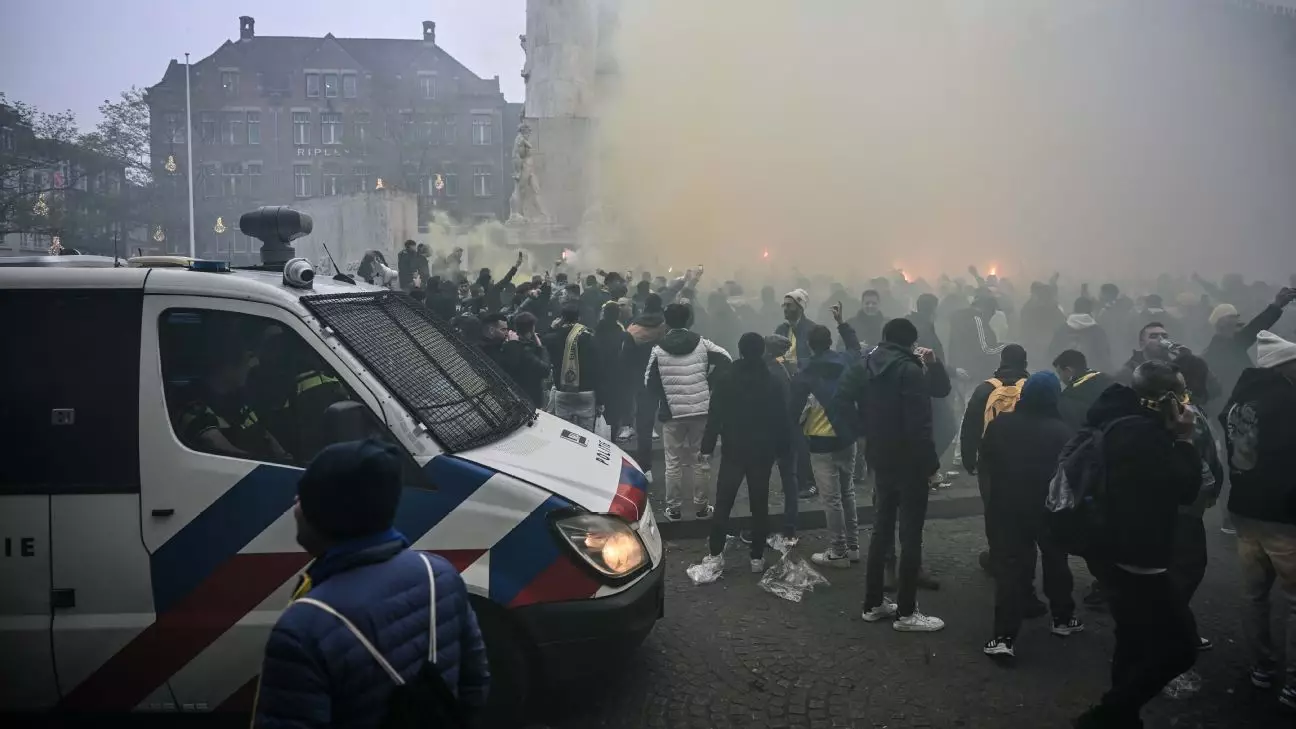The impending Nations League soccer match between France and Israel at the Stade de France has generated considerable concern regarding low fan attendance. Defender Dayot Upamecano voiced his understanding of this situation, highlighting the complex backdrop that includes recent incidents of violence against Israeli football supporters and the ongoing Israel-Gaza conflict. With only around 20,000 expected to attend, in a stadium capable of hosting 80,000, the projected turnout underscores a palpable apprehension among fans, driven by a mix of personal safety fears and political sentiments.
The heightened security surrounding the match speaks volumes about the current socio-political climate. With President Emmanuel Macron slated to attend, security around the event is unprecedented, involving 2,500 police stationed outside the stadium, alongside 1,600 staff members dedicated to maintaining order. This robust response is reflective of recent hostilities that marred other events, particularly the alarming assaults on Israeli fans in Amsterdam. Such violent encounters not only incite fear but also stir a broader discourse on safety in sporting events amid turbulent geopolitical climates.
The aggressive nature of recent demonstrations and reported attacks has led to a significant split among fans. A survey conducted by the French supporters’ group Les Irreductibles Français revealed a troubling trend: 15% of respondents indicated they would boycott the match largely due to ethical concerns surrounding the ongoing conflict. Furthermore, 30% cited security risks, revealing the anxieties that extend beyond simple attendance to deeper social responsibilities. Many fans now grapple with the implications of attending events linked so closely to volatile international issues, inspiring introspection about their participation in such gatherings.
Despite the surrounding chaos, Upamecano remained committed to the match, emphasizing the essence of football as a medium of connection and the importance of maintaining focus on the game itself. His reflections signify a yearning for normalcy in a world rife with discord. “I’ve loved playing football since I was little,” he said, reaffirming his dedication while promoting a message of peace. Yet, his rueful acknowledgment of the socio-political disturbances highlights the struggles of athletes who find their professional arenas clouded by external influences.
Given the profound impact of the current situation, questions arise concerning the viability of hosting such significant matches in the future, particularly in times of unrest. With discussions already emerging about relocating the upcoming Europa League match for Maccabi Tel Aviv, these events serve as a cautionary tale for governing bodies regarding fan safety and the interactions of sports with global political narratives. The track of French football’s performance in the Nations League must now be navigated alongside these pressing concerns, shaping a new trajectory for sports as a platform for both competition and dialogue in a fragmented world.

